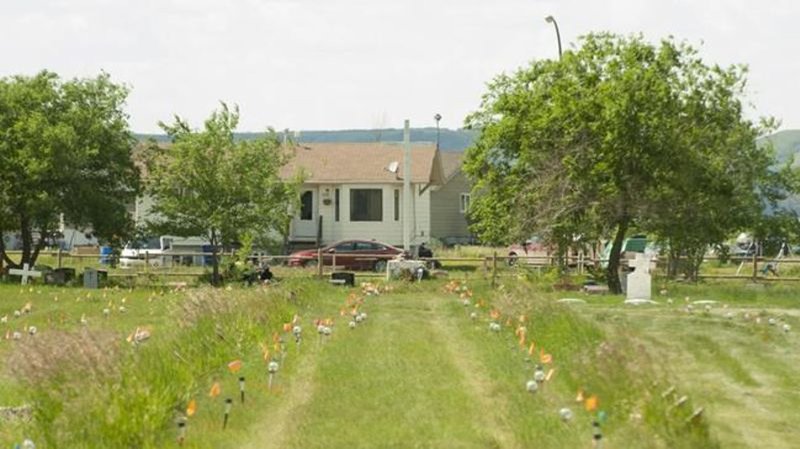
Special tribunal among options to probe crimes linked to unmarked graves: official
OTTAWA — An independent official appointed to help communities investigate unmarked graves at former residential school sites says she is exploring the idea of whether a special tribunal should prosecute or investigate related crimes.
Kimberly Murray, whom the federal government named as a special interlocutor on the file in June, says that questions of justice are arising often in her conversations with Indigenous communities and survivors.
Murray is a former executive director of the Truth and Reconciliation Commission of Canada, which spent seven years investigating the residential school system.
The creation of the independent office she now leads was spurred by announcements from First Nations across Western Canada, beginning last year, that ground-penetrating radar technology had detected the presence of what are believed to be hundreds of unmarked graves near where residential schools once operated.
